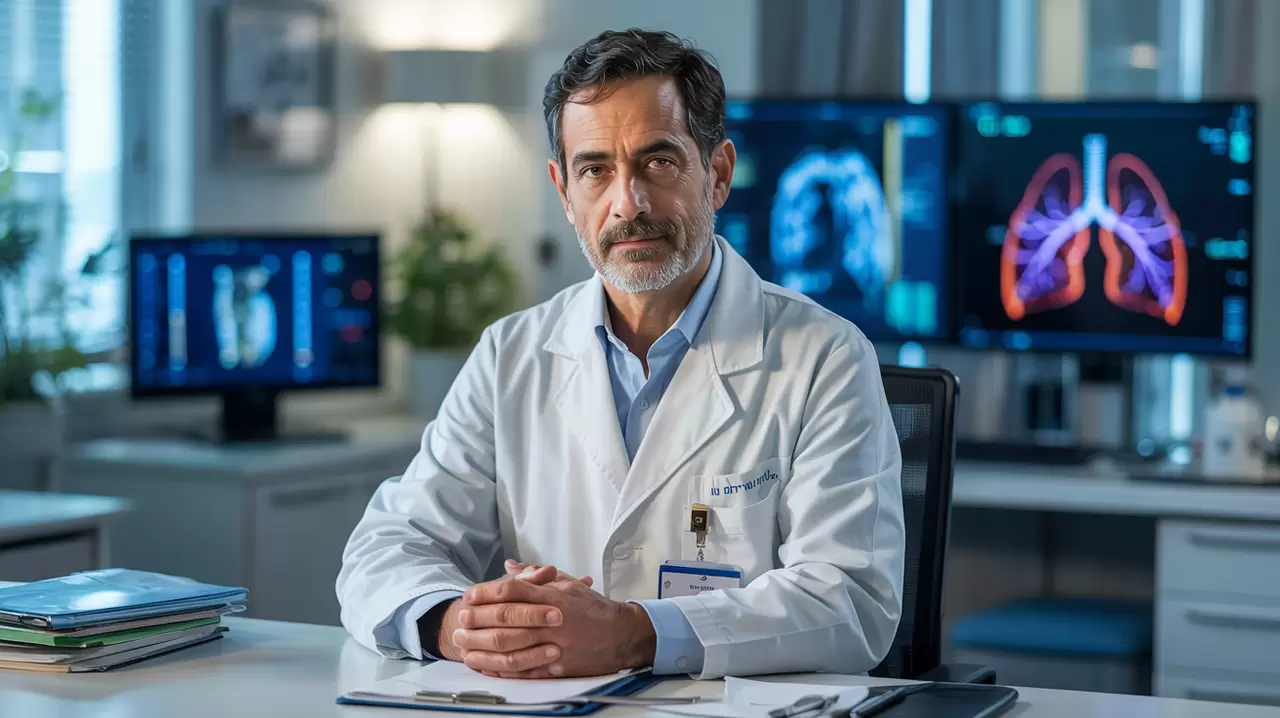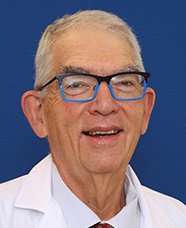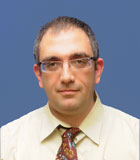Healthcare with Confidence
What Is Immunotherapy?
Immunotherapy is one of the most promising and rapidly evolving treatments for Hodgkin’s and non-Hodgkin’s lymphoma in both adults and children.
It works by activating the patient’s own immune system to recognize and destroy cancer cells — rather than attacking them directly as chemotherapy does.
Unlike traditional chemotherapy, immunotherapy usually causes fewer and milder side effects, helping patients maintain better quality of life during treatment.
When Is Immunotherapy Used?
The choice of treatment depends on:
- The type of lymphoma (e.g. Hodgkin’s or non-Hodgkin’s)
- The stage and aggressiveness of the disease
- The patient’s age and overall health condition
In Israel, oncologists develop personalized treatment programs, often combining immunotherapy with targeted drugs, chemotherapy, or stem cell transplantation to achieve the best possible results.
Leading Israeli Experts in Lymphoma and Hematology
Our partner network includes top hematologists and oncologists recognized both in Israel and internationally.
⇒ Consult with Head of Lymhoma Institute
You can receive a second opinion or consultation online before traveling to Israel.
Immunotherapy for Lymphoma in Israel: Modern Approaches
Israel is one of the global leaders in implementing innovative immunotherapeutic strategies. Below are the main treatment directions used in Israeli medical centers.
1. Anti-CD20 Immunotherapy (the foundation of B-cell lymphoma treatment)
- Rituximab (Rituxan / MabThera).
A classic monoclonal antibody targeting CD20. - Rituximab + Hyaluronidase (Rituximab Hycela).
A subcutaneous formulation administered in just 5–7 minutes instead of 2–6 hours intravenously. - Obinutuzumab (Gazyva).
A second-generation antibody with an enhanced mechanism of action. - Ofatumumab.
Used based on individual indications.
2. Radioimmunotherapy
A method combining a CD20-directed antibody with a radioactive isotope.
- Ibritumomab tiuxetan (Zevalin).
Delivers Yttrium-90 directly to tumor cells.
This is not classical “targeted therapy” but radioimmunotherapy.
3. Targeted and Biological Agents
- Brentuximab Vedotin (Adcetris).
Immunotherapy for CD30+ lymphomas, including cutaneous forms. - Mogamulizumab (Poteligeo).
An anti-CCR4 antibody for T-cell cutaneous lymphomas. - PI3K inhibitors:
- Duvelisib
- Copanlisib
- Idelalisib
Used for relapsed and refractory lymphomas.
- Immunomodulator:
- Lenalidomide (Revlimid)
PD-1 Inhibitors for Hodgkin’s Lymphoma
These breakthrough immune checkpoint inhibitors have dramatically changed the outlook for patients with refractory or relapsed Hodgkin’s lymphoma.
They work by targeting the PD-1 protein on T-cells (a type of immune cell), which tumors use to “hide” from the immune system. By blocking this pathway, PD-1 inhibitors reactivate the immune response, allowing T-cells to recognize and destroy lymphoma cells effectively.
Clinical studies show that PD-1 inhibitors significantly improve long-term remission rates with fewer severe side effects compared to standard chemotherapy.
Used in resistant lymphomas.
Immunotherapy innovations:
- bispecific antibodies CD20×CD3, CD30×CD3
- next-generation enhanced anti-CCR4 antibodies
- combinations of systemic immunotherapy with local therapies for CTCL
4. Local Immunotherapy for Cutaneous Lymphomas
- NB-UVB and PUVA phototherapy
- Topical chemotherapy
- Topical steroids
- Localized radiotherapy
- TSEBT — total skin electron beam therapy
These methods are often combined with systemic immunotherapy for best results.
5. CAR-T Cell Therapy – A Revolution in Lymphoma Treatment
CAR-T cell therapy is one of the most advanced immunotherapy methods available in 2026.
It involves collecting a patient’s own T-cells, genetically modifying them in the laboratory to recognize cancer cells, and then reintroducing them into the body to attack the tumor.
In Israel, CAR-T therapy (Yescarta®, axi-cel) has been approved by the Ministry of Health after extensive clinical trials in the USA, Europe, and the UK.
It is primarily used for patients with recurrent or refractory diffuse large B-cell lymphoma (DLBCL) or certain forms of leukemia.
CAR-T products used in Israel:
- Yescarta (Axi-cel)
- Kymriah (Tisa-cel)
- Breyanzi (Liso-cel)
- Newer CAR-T platforms with reduced CRS and ICANS risks
Indications for CAR-T therapy:
- DLBCL (diffuse large B-cell lymphoma)
- Primary mediastinal B-cell lymphoma
- Relapsed follicular lymphoma
- Pilot CAR-T programs for T-cell lymphomas
CAR-T therapy can achieve long-term remission even when other treatments fail.
6. Bone Marrow Transplantation
This method also belongs to immuno-hematological treatments, relying on the immune response against tumor cells.
Autologous transplantation
Allogeneic transplantation
⇒ More details about bone marrow transplantation in Israel can be provided upon request.
Clinical Results
The ZUMA-1 trial showed remarkable outcomes:
After an average follow-up of 27 months, about 40% of patients remained in complete remission, even after previous therapies had failed.
These results represent a major step forward compared to traditional anthracycline-based chemotherapy, which achieved long-term survival in only 20% of advanced cases.
Advantages of Immunotherapy for Lymphoma
- Activates the body’s own immune defenses
- Effective even in recurrent or chemotherapy-resistant cases
- Minimal systemic side effects compared to traditional chemotherapy
- Can be combined with other treatments for higher effectiveness
- Provides long-term remission and improved survival rates
Get a Second Opinion or Treatment Plan in Israel
If you or your loved one has been diagnosed with Hodgkin’s or non-Hodgkin’s lymphoma, Israeli hematologists offer advanced diagnostic testing and personalized immunotherapy programs.







